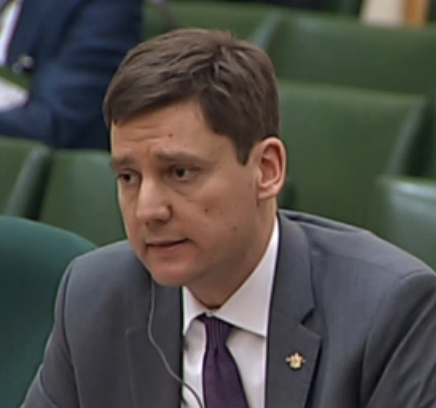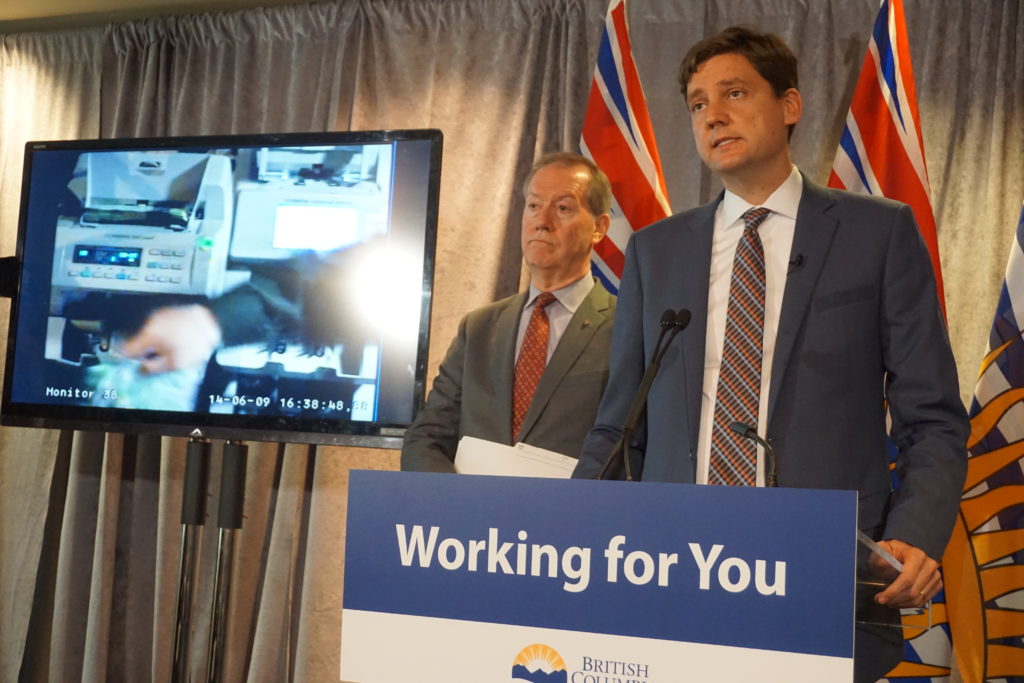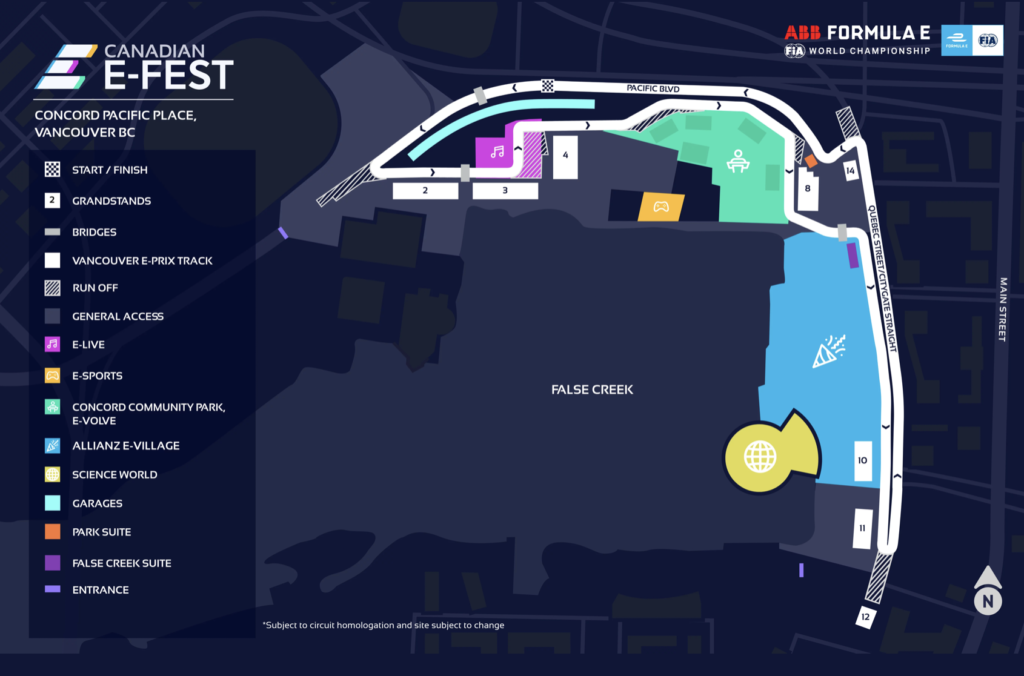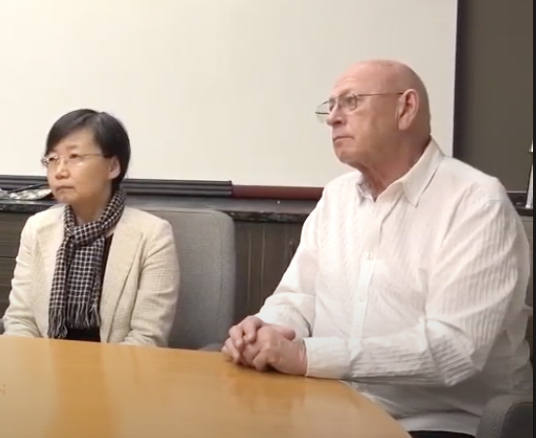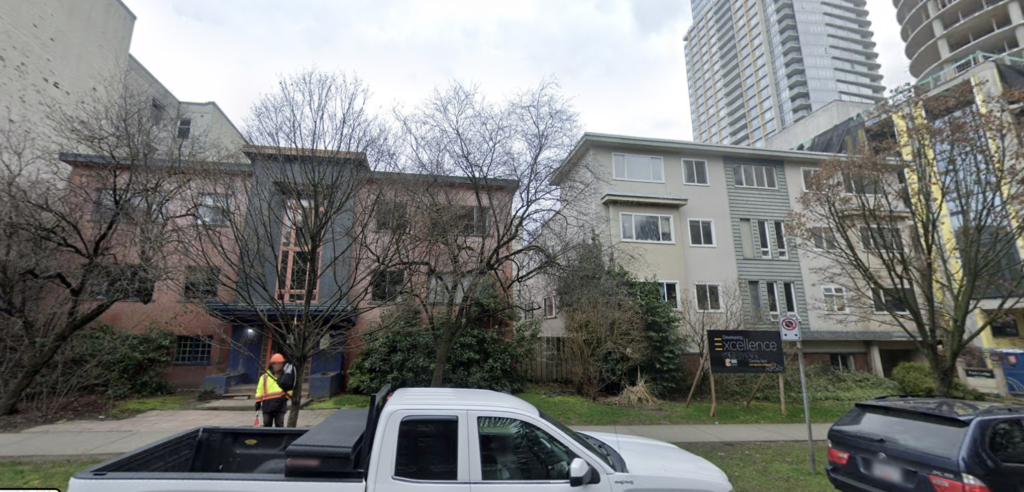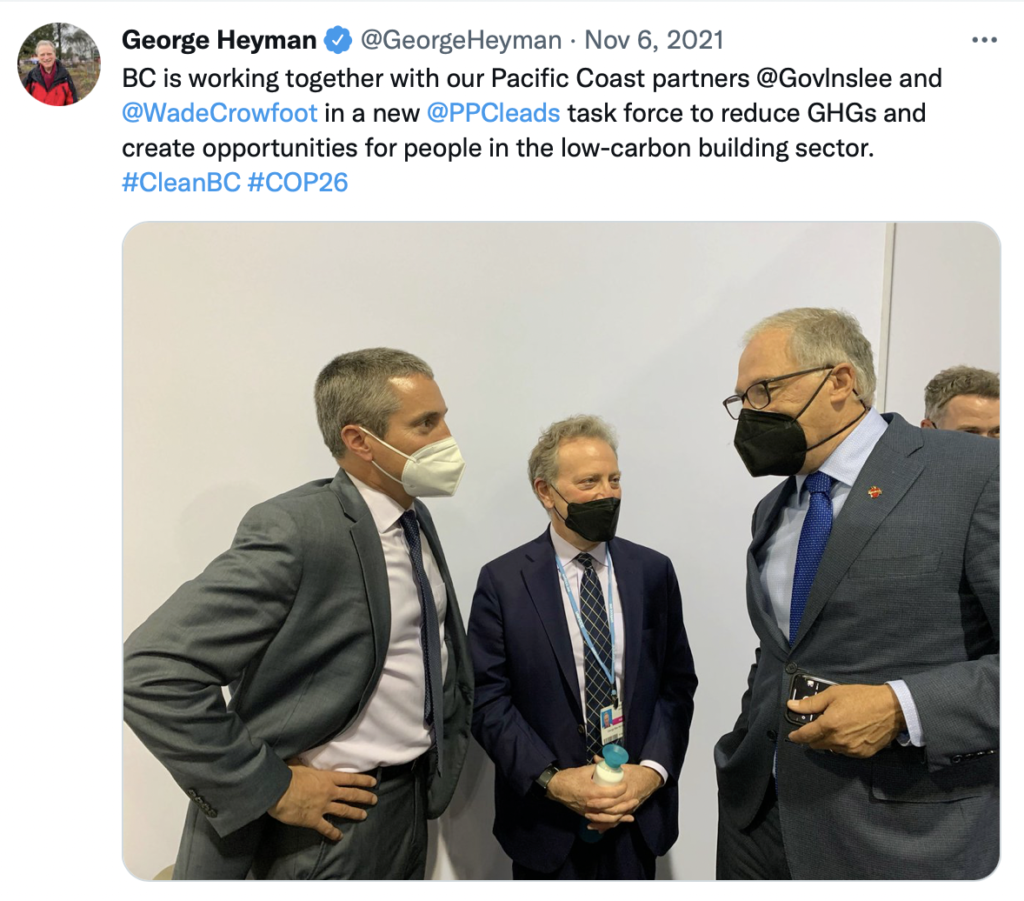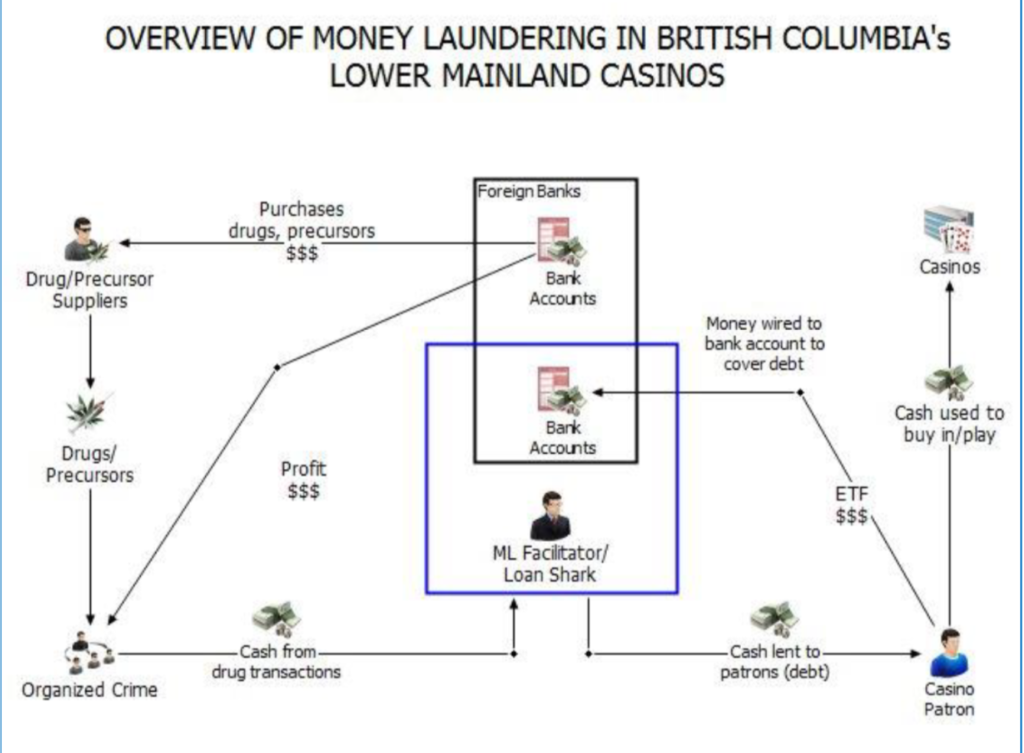Mystery continues over Royal City fire chief’s retirement
Bob Mackin
Clouds of secrecy continue to swirl after last fall’s sudden retirement of New Westminster Fire and Rescue Chief Tim Armstrong.
The official story, as New Westminster city hall tells it, is that the 12-year department head notified city manager Lisa Spitale on Oct. 22 that he would retire Oct. 28. There was no public announcement, only carefully worded internal memos distributed by Spitale and Armstrong. 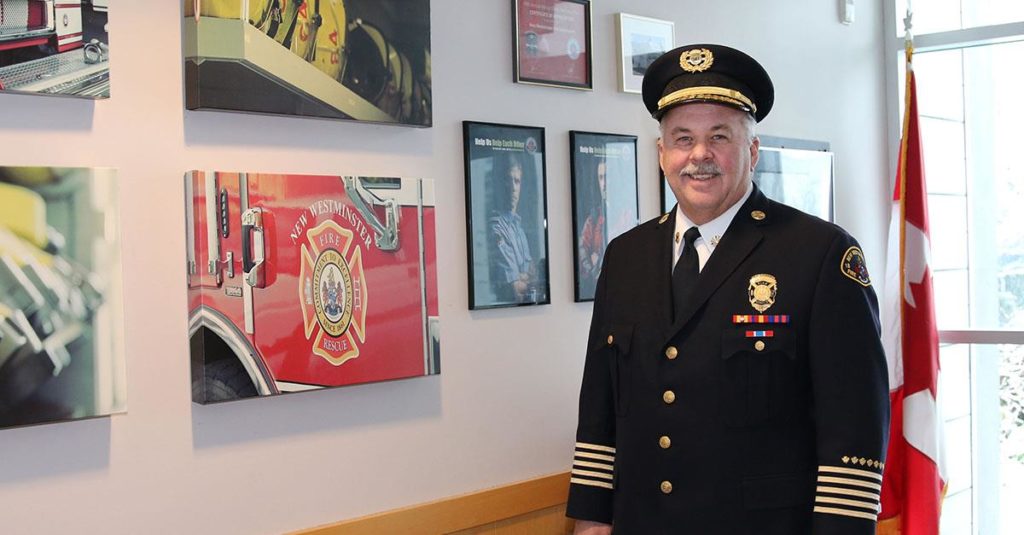
City hall’s freedom of information office is refusing to disclose all email between Spitale and Armstrong from mid-September to the start of November, and it has also refused to show Armstrong’s payroll data since last July.
A lawyer who is seeking to succeed retiring Mayor Jonathan Cote in October’s civic election said it is “concerning” that the city is being so secretive.
New West Progressives’ mayoral candidate Ken Armstrong (who is not related to Tim Armstrong) called freedom of information a “critical part of good governance in a democracy.”
“Like any other New Westminster residents, we would be interested in learning more about what happened,” Ken Armstrong said.
“Access by journalists and by residents should not be impeded, as long as the request is within the scope of the legislation. So, yeah, [it’s] concerning.”
The only payment that city hall has disclosed is the July 20 reimbursement for $732.65 in gas and food costs from Armstrong’s deployment to the Deka Lake wildfire near 100 Mile House.
New Westminster city hall claims information about Armstrong’s paycheques and 27 email messages between Armstrong and Spitale are private. The law, however, states it is not a breach of privacy if the information is about a third party’s position, functions or remuneration as an employee of a public body. The city also claims that disclosure of one of the messages from Sept. 21 would harm the city financially or economically.
City hall did not release censored versions of the actual email messages. Instead, it withheld them in their entirety and provided a chronological list of messages in the FOI response letter. Oct. 20 was the busiest day with five messages, including one with attachments.
According to the law, citizens have a right of access to records held by a public body, subject to certain exceptions to disclosure, “but if that information can reasonably be severed from a record, an applicant has a right of access to the remainder of the record.”
A complaint to the Office of the Information and Privacy Commissioner has been filed, seeking urgent resolution prior to the Oct. 15 election.

New Westminster chief administrative officer Lisa Spitale (New Westminster)
Armstrong departed just three days before one of the busiest nights of the year, Hallowe’en. His memo generally thanked staff and said it was “time for a change” after 40 years in the fire service and public safety. There was no explanation for the short, six-day gap between his notice and retirement.
Interim fire chief Curtis Bremner was introduced at a Nov. 1 council budget workshop without fanfare and without mention of his predecessor. Bremner later retired and Erin Williams became the new acting chief. The job vacancy has yet to be posted, pending a review of the fire department’s organizational structure.
For 2020, the most-recent year available, New Westminster paid Armstrong $194,802. He also billed taxpayers $3,827 in expenses.
In early 2020, the Justice Institute of B.C. awarded Armstrong an honorary doctor of laws degree. Armstrong joined Vancouver Fire and Rescue Services at age 21 and rose the ranks over 28 years to become Deputy Chief. He became New Westminster’s fire chief in 2009 and also served as the Royal City’s director of emergency management. His also trained firefighters in the U.S. and Taiwan.
Support theBreaker.news for as low as $2 a month on Patreon. Find out how. Click here.
Bob Mackin Clouds of secrecy continue to swirl














